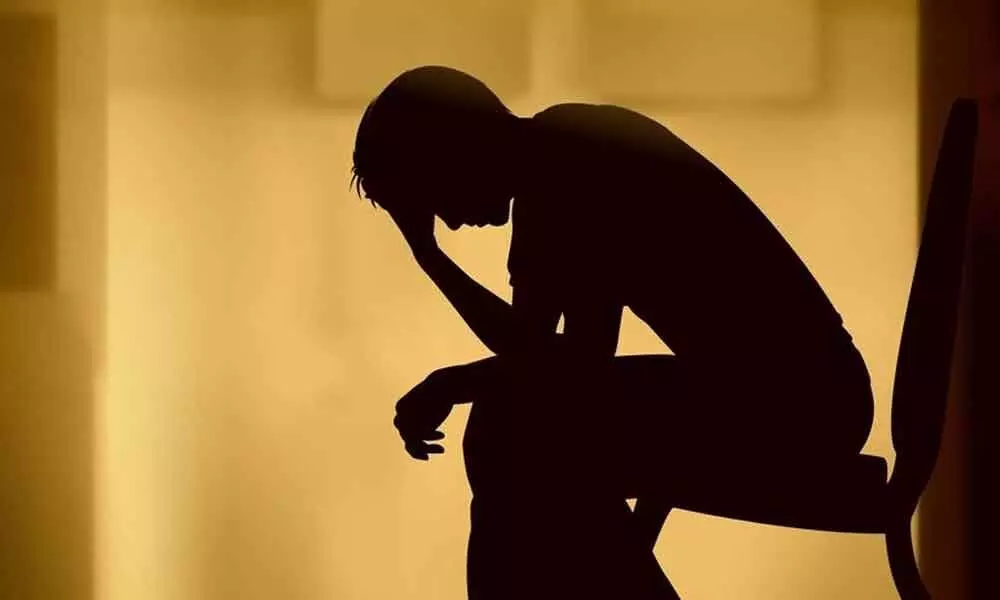India battles mental health crisis post lockdown

India battles mental health crisis post lockdown
Hemmed inside their homes for months on end as a pandemic raged outside, millions of people are emerging timorously into a world that has drastically changed -- an uneasy adjustment process resulting in a spectrum of mental health issues ranging from depression to that final step, suicide
New Delhi: Hemmed inside their homes for months on end as a pandemic raged outside, millions of people are emerging timorously into a world that has drastically changed -- an uneasy adjustment process resulting in a spectrum of mental health issues ranging from depression to that final step, suicide.
The dread of contracting the disease combined with the realisation that the incidence of COVID-19 spiralled instead of being contained in the lockdown and that the days of suspending life as they knew it could extend indefinitely has been profoundly disturbing for many.
Add to this new normal, ill-health, joblessness, financial crises and the everyday stresses that people anyway had to deal with and the COVID-19 tunnel stretches dark and seemingly endless with no light at the end of it.
"This prolonged uncertainty has led people to feel a lot more anxious. So people who were on a mild anxiety spectrum earlier have moved to moderate and severe anxiety. When anxiety gets severe, the kinds of behaviour of self harm increase," said Arvinder Singh, psychologist, psychotherapist and director of the Ashoka Centre for Well-Being in New Delhi.
In Gujarat, for instance, the 108 emergency ambulance service received about 800 cases of "self injuries" and 90 cases of suicide in April, May, June and July, officials said. The numbers began to spike soon after the nationwide lockdown, which came into effect on March 25.
Vikas Bihani, 108 service official, said the suicide prevention and counselling helpline usually got around eight to nine calls per month but the numbers have doubled since March.
"Between March and August, we got 142 calls from depressed people. A majority of the callers were facing economic, family or mental health related issues and wanted to end their lives," he further added.










